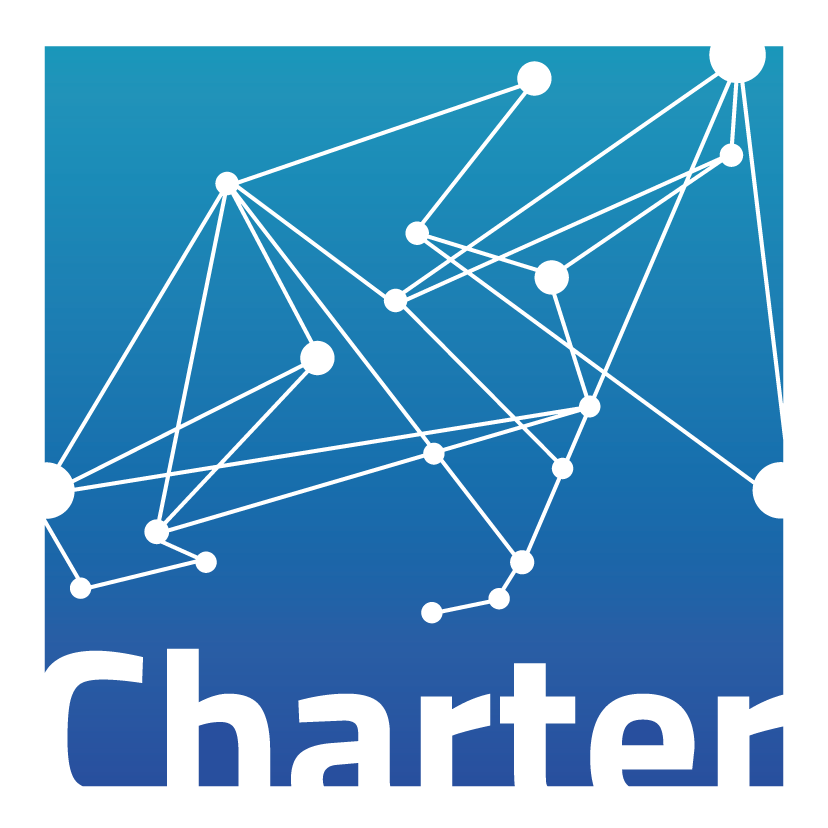
Project facts
Presentation
CHARTER – The European Cultural Heritage Skills Alliance brings together the expertise of some of the leading organisations in cultural heritage to ensure a long-lasting and durable sector. With a total duration of four years, the Erasmus+ funded project will professionalise the sector and make obvious its contribution to sustainable and thriving societies and economies.
The project stems from the lack of statistical recognition of the cultural heritage sector (CH) since without it, the economic impact of the sector goes unnoticed. Consequently, its potential to strengthen European cultural identities and social cohesion cannot be realised. The initiative Cultural Heritage Actions to Refine Training, Education and Roles (CHARTER) will combine new gathered knowledge of sector specific competencies and skills with already existing findings and recommendation to streamline a new strategic approach to sectoral cooperation.
Digitisation, 3D modelling, virtual and augmented reality complement the traditional skills essential to care for cultural heritage. In line with EU priority on advancing cooperation on digitising cultural heritage, the mapping of skills and creation of training modules will include core and transversal digitisation and digital preservation skills.




Impacts & Results
CHARTER Alliance will cater to the entire European cultural heritage sector and the different levels found within it. By coming together, the sector as a whole will get stronger and more resilient.
The Alliance will map the needs of the CH sector to identify skills shortages and mismatches in order to develop fitting training programmes for already active CH professionals. The Alliance will also support the educational system to be responsive and adapt curricula and learning goals in accordance with the actual needs of the sector. Upskilling of core and transversal skills will be made easy and exchange, capacity building and movement within Europe will be encouraged. All efforts combined will professionalise the sector and CHARTER will showcase that CH is integral in achieving social, economic and environmental sustainability.
Furthermore, CHARTER will carry out regional pilots to validate new approaches based on research findings. It will analyse sectoral dynamics and map stakeholders. It will also propose task descriptors for occupational and economic frameworks to streamline the European CH job market.
CHARTER has systemic and strategic approach that integrates the needs and interests of the cultural heritage sector as a whole, aiming to positively impact on many of the stakeholders included on it: CH industry and CH professionals; universities, high education centres and academics; students; VET centres and trainers; public bodies; policy makers; networks; other Erasmus+ projects.
Follow us on Facebook, Twitter, Instagram and LinkedIn.

